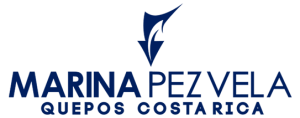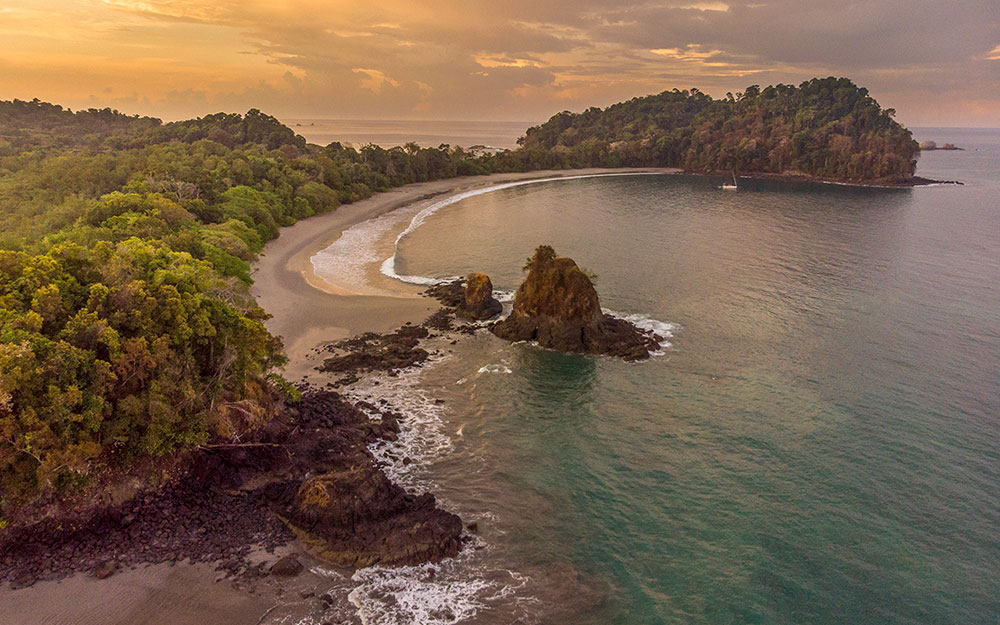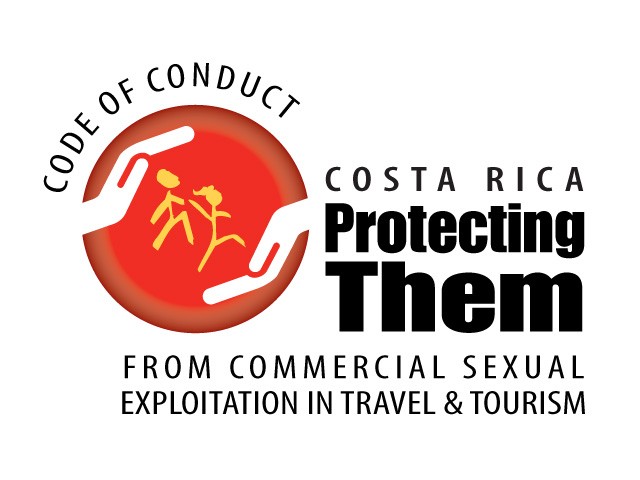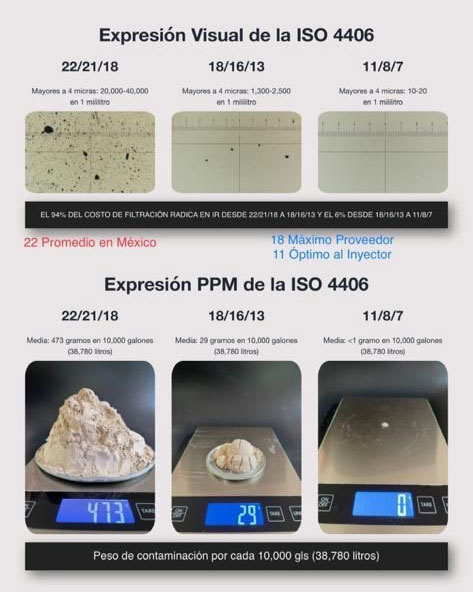Vicky Karantzavelou | traveldailynews.com
Maryland, Virginia and the District of Columbia are authorized as of Sept. 1; Pennsylvania, Massachusetts and Colorado as of Sept. 15. The period for taking the sample for the PCR test has been updated from 48 to 72 hours before travel to Costa Rica.
Six new US states, for a total of 12, are added to the list of territories whose residents will be permitted to enter Costa Rica by air. As of Sept. 1, in addition to residents of New York, New Jersey, New Hampshire, Vermont, Maine and Connecticut (announced one week ago), those who live in Maryland, Virginia, and the District of Columbia will be permitted to enter. Two weeks later, on Sept. 15, residents of Pennsylvania, Massachusetts and Colorado will also be permitted to enter.
“The entry of travelers from these 12 states is allowed because they currently have an epidemiological condition similar or lower levels of contagion to those of Costa Rica,” explained Tourism Minister Gustavo J. Segura during an announcement made this Thursday at a press conference from the Presidential House.
Furthermore, the Tourism Minister announced that in addition to a driver’s license, a state identification (State ID), will also be allowed as proof of residency in those authorized states. This requirement excludes minors traveling with their family.
Segura added that tourists from authorized states will be able to enter the country, even if they stop at an unauthorized destination, as long as they do not leave the airport. For example, a tourist who takes a flight from Newark Liberty International Airport in New Jersey and makes a stopover in Panama will be permitted to enter Costa Rica.
Another measure announced this Thursday is that PCR test results can now be taken within 72 hours (instead of 48) of travel to Costa Rica. This applies to all countries authorized to enter Costa Rica.
Segura stressed that in order to launch it’s reactivation, the opening to international tourism will continue to be responsible, careful and gradual, and will go hand-in-hand with the promotion of local tourism.
“I reiterate the call for joint responsibility to protect people’s health, and at the same time, the jobs that we hope to recover. If we all adhere to the protocols, the measures will be sustainable over time,” said the Tourism Minister.
For people residing in the aforementioned U.S. states, four requirements apply to enter Costa Rica:
- Complete the epidemiological digital form called HEALTH PASS.
- Perform the PCR test and obtain a negative result; the test must be taken a maximum of 72 hours before the flight to Costa Rica.
- A mandatory travel insurance that covers accommodations, in case of quarantine and medical expenses due to COVID-19 illness. Said insurance can be international or purchased from Costa Rican insurers.
- Proof of residency in the authorized state through a driver’s license or State ID.
Private flights for citizens originating from unauthorized places
As of Sept. 1, private flights from the United States will also be allowed to enter the country, given that they have a much lower epidemiological risk due to their size and nature.
For those who come aboard private flights, the same requirements already described will apply and if they come from a place of origin that is not authorized, they must receive prior approval from the Ministry of Health and the General Directorate of Migration and Immigration. Interested parties must send an application document containing the following elements:
- Full name of passengers
- Nationalities and ages
- Legible copy of the biographical sheet of the passport of each of the passengers
- Date of arrival, airport of arrival and origin of the flight
- Strategic reason for its admissibility (investment analysis; property in Costa Rica; humanitarian reasons; etc.)
Gradual maritime opening
Private yachts will also be able to enter the country on Sept. 1., as long as they fulfill the same entry requirements that the country demands from the previous Aug. 1 announcement.
If the passengers do not bring the negative PCR test with them, or if they set sail from a city or country that has not been authorized, they will receive a quarantine health order from which the days they have been at sea will be deducted from the last sailing recorded in the yacht’s log.
This could represent the entry of a hundred private yachts in the remainder of the year in the different marinas: Golfito, Los Suenos, Pez Vela, Banana Bay and Papagayo.




